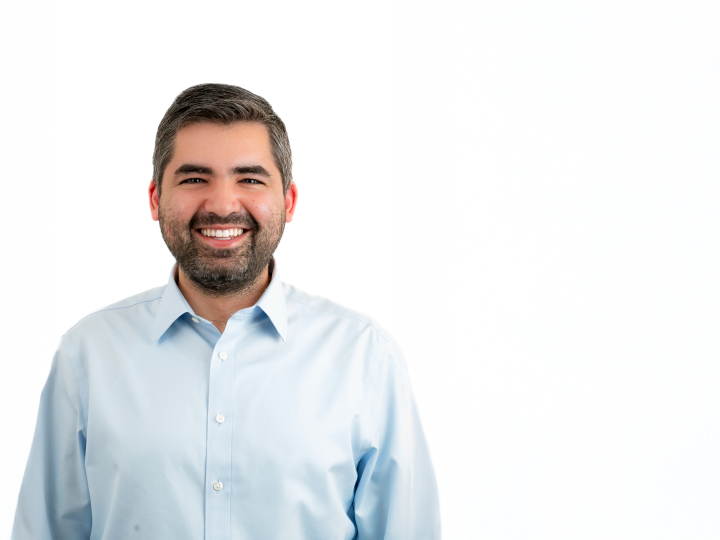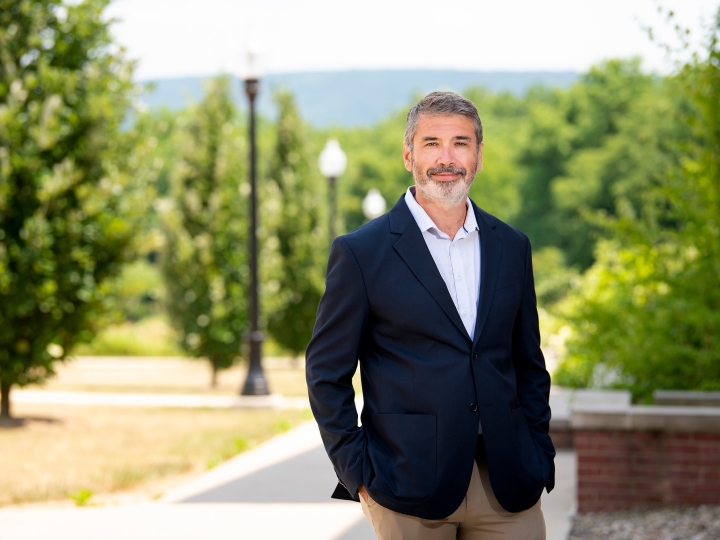Cool Classes: Don’t Fear the Reaper
March 14, 2017
What Class: Society & Technology Residential College Foundation Seminar: Don't Fear the Reaper: Living with Death in America
Who Teaches It: University Chaplain John Colatch
" 'Nothing I will say in the class will apply to any of you, because you are going to live forever.' So begins my first 'Don't Fear the Reaper: Living with Death in America' class each year. Members of the class are asked to respond to that statement. If they agree, they are asked to offer a statement to support their view. They talk about the way they party, drive their cars and other activities that shall remain unrecorded here. Once we get that out of the way, we can talk about the reality of living with our coming deaths — even with those whose youth makes the idea of death seem so remote as to convey a sense of invincibility.
"One of the first class activities involves a tour of Lewisburg Cemetery. Every year, I ask if there are students who have never walked through a cemetery and every year there are such students. Walking through a parklike burial ground on a warm late-summer afternoon enables participants to shed their fears and apprehensions and focus on the lives that are commemorated all around them. Later in the course, students visit a funeral home and are introduced to a crematory and a casket selection room. Gallows humor abounds, because some have never set foot in a funeral home and the nervousness is palpable.
"In class we talk about grief and how to be a friend to the bereaved. Students are introduced to a list of 'Ten Things Not to Say When Someone Dies.' The sayings are compiled from responses given to me by members of bereavement support groups I've led over the years. People are desperate not to say the wrong thing to someone who has experienced a bereavement, so often times they either say something inappropriate or nothing at all. When students ask, 'What can I say?' my response has always been to say 'I'm sorry' and to leave it at that. I remind them that their very presence at a memorial gathering has already made a statement of support, so words may not be necessary.
"Students explore issues related to medical ethics and wrestle with their thoughts about life-extending technologies. They reflect on hot-button issues relating to the beginning and ending of life and explore issues related to suicide and its prevention. The class reads poetry and listens to classical and pop songs that have themes of life and death embedded in them. Finally, each student must complete a research project that includes a paper and oral presentation on any aspect of topics covered in the course. The most popular have been euthanasia, capital punishment, the funeral industry and cryonics. To the consternation of some, participants consistently comment on how much fun they had in the course and on the ways it changed their views related to life and death.
"A student in the course was struggling with the terminal illness of a loved one. A little more than a month after the class ended, her loved one died. At the memorial service, she commented about how much it meant to her that so many of her classmates from the course came by to pay their respects and support her. That may be the greatest testament to the nature of a community that such a class creates."
Bucknell is celebrating the 30th anniversary of the Residential Colleges, a hallmark of the Bucknell experience. Learn more about the Residential Colleges.

